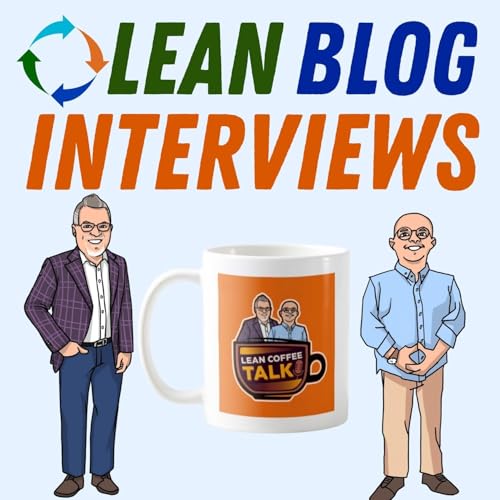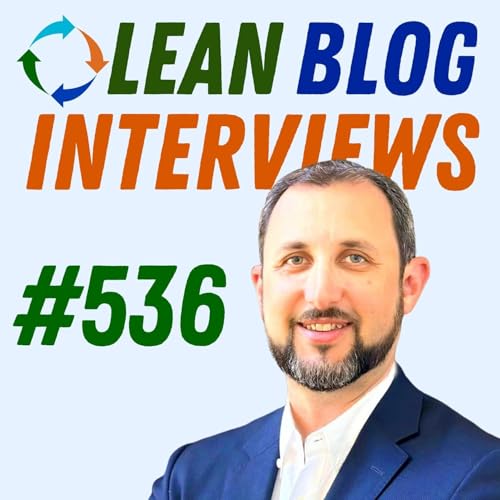Don Kieffer has spent more than fifty years redesigning how real work gets done. In this episode, he explains why so many improvement efforts stall—and how Dynamic Work Design offers a clearer, more practical way forward.
Episode page with video, transcript, and more
Don traces his path from machinist to Vice President of Operational Excellence at Harley-Davidson and senior lecturer at MIT Sloan. He shares what he learned working with Toyota legend Hajime Oba, including the moment he realized that copying Toyota’s rituals was the wrong goal. The real power, he argues, lies in understanding the thinking behind great work design.
We break down the five principles of Dynamic Work Design—solving the right problem, structuring for discovery, connecting the human chain, regulating flow, and making work visible—and discuss how they apply far beyond the factory floor. Don explains why intellectual work is “almost infinitely compressible,” why executives misdiagnose morale problems, and why most leaders can draw their org chart but not the actual flow of work.
Along the way, he shares stories from Harley, MIT, and client organizations that learned to shift from firefighting to flow. His message is consistent: when you redesign the work, you change the culture. Engagement follows the system, not the other way around.
This episode pairs well with Episode 538 with Nelson Repenning and is essential listening for leaders trying to improve performance, reduce frustration, and create environments where people can do their best work.
Key ideas • Copying Toyota’s practices isn’t the same as understanding Toyota’s thinking • Why Dynamic Work Design starts with a specific problem—not a program • How to create real-time management systems in knowledge-work environments • Why most dysfunction is a work-design issue, not a people issue • How better work design restores flow, learning, and joy in the work
Representative Quotes “Five percent of the problem is people. Ninety-five percent is bad work design.” “Most executives can draw the org chart, but not the work.” “Intellectual work is almost infinitely compressible.” “Culture emerges from how the work is designed—not from what leaders say.”
 51 mins
51 mins Nov 12 202553 mins
Nov 12 202553 mins Oct 29 202556 mins
Oct 29 202556 mins Oct 22 202515 mins
Oct 22 202515 mins 51 mins
51 mins 4 mins
4 mins 1 hr
1 hr 14 mins
14 mins
